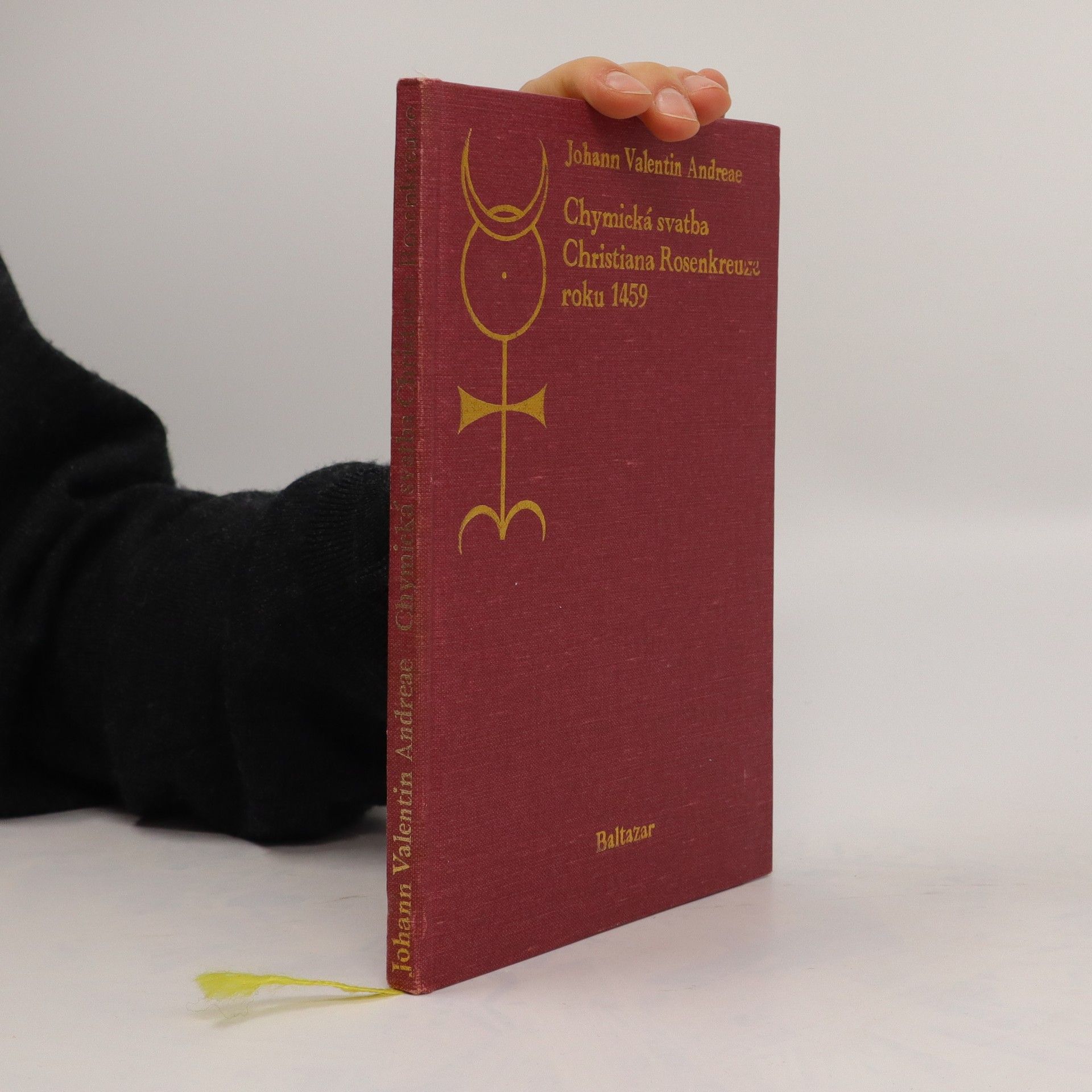Dieser Band enthält Andreaes kritische Auseinandersetzungen mit der Rosenkreuzerbewegung. In den 'Turris Babel'-Trialogen und dem Essay über die 'Schädlichkeit der Neugier' thematisiert er die Gefahren von pseudowissenschaftlichem Denken und falschen Propheten, während er weiterhin für eine reformierte christliche Elite plädiert.
Johann Valentin Andreae Book order (chronological)
This German theologian emerged as a pivotal figure in the early Rosicrucian movement, though his precise role remains debated. His writings often delve into profound theological and philosophical inquiries, employing allegory and symbolism to explore spiritual quests. While later works treated alchemical themes with derision, suggesting they were less serious pursuits, his earlier contributions left an indelible mark on esoteric literature. His distinctive approach marries theological depth with literary craft, inviting readers to contemplate the nature of faith and knowledge.

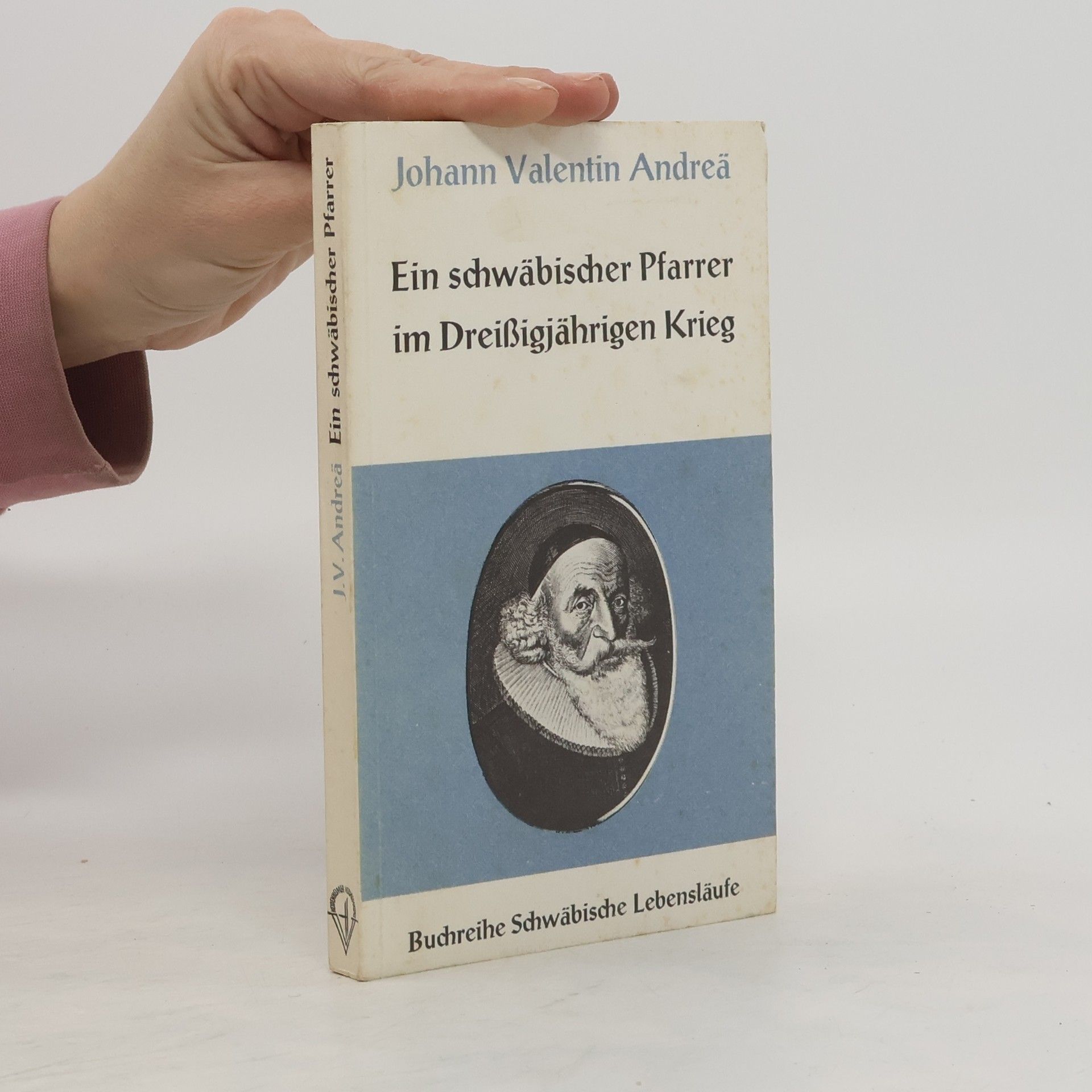
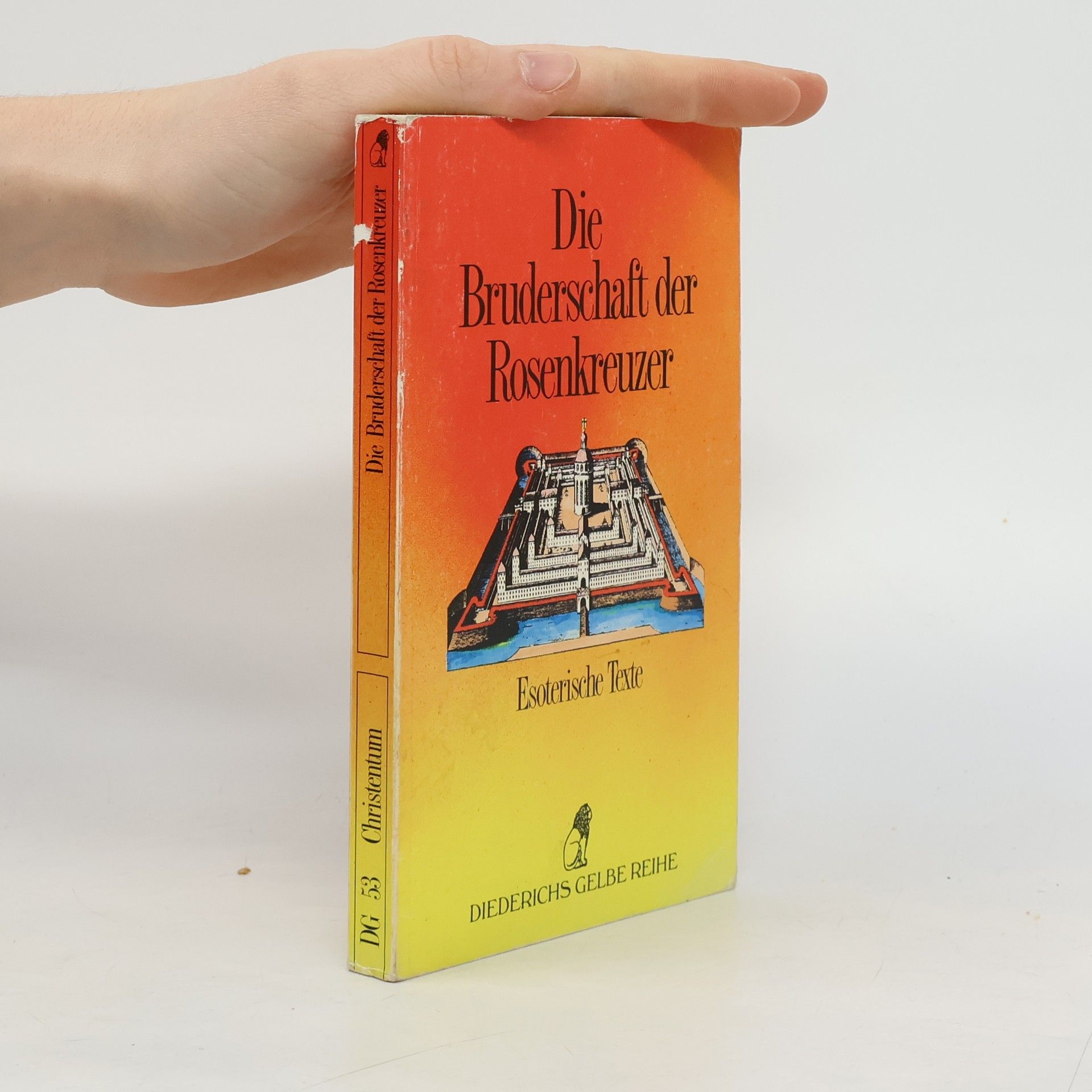
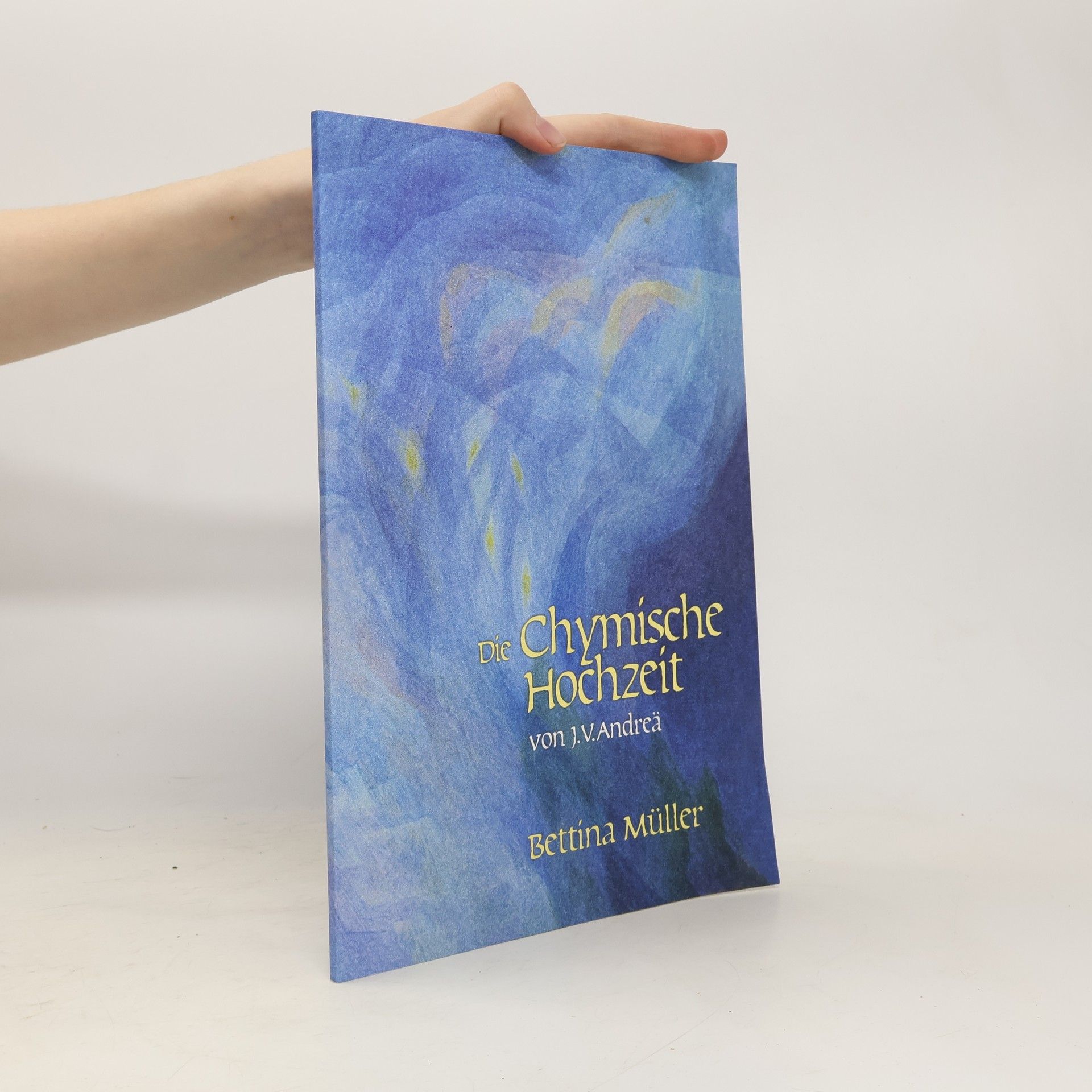
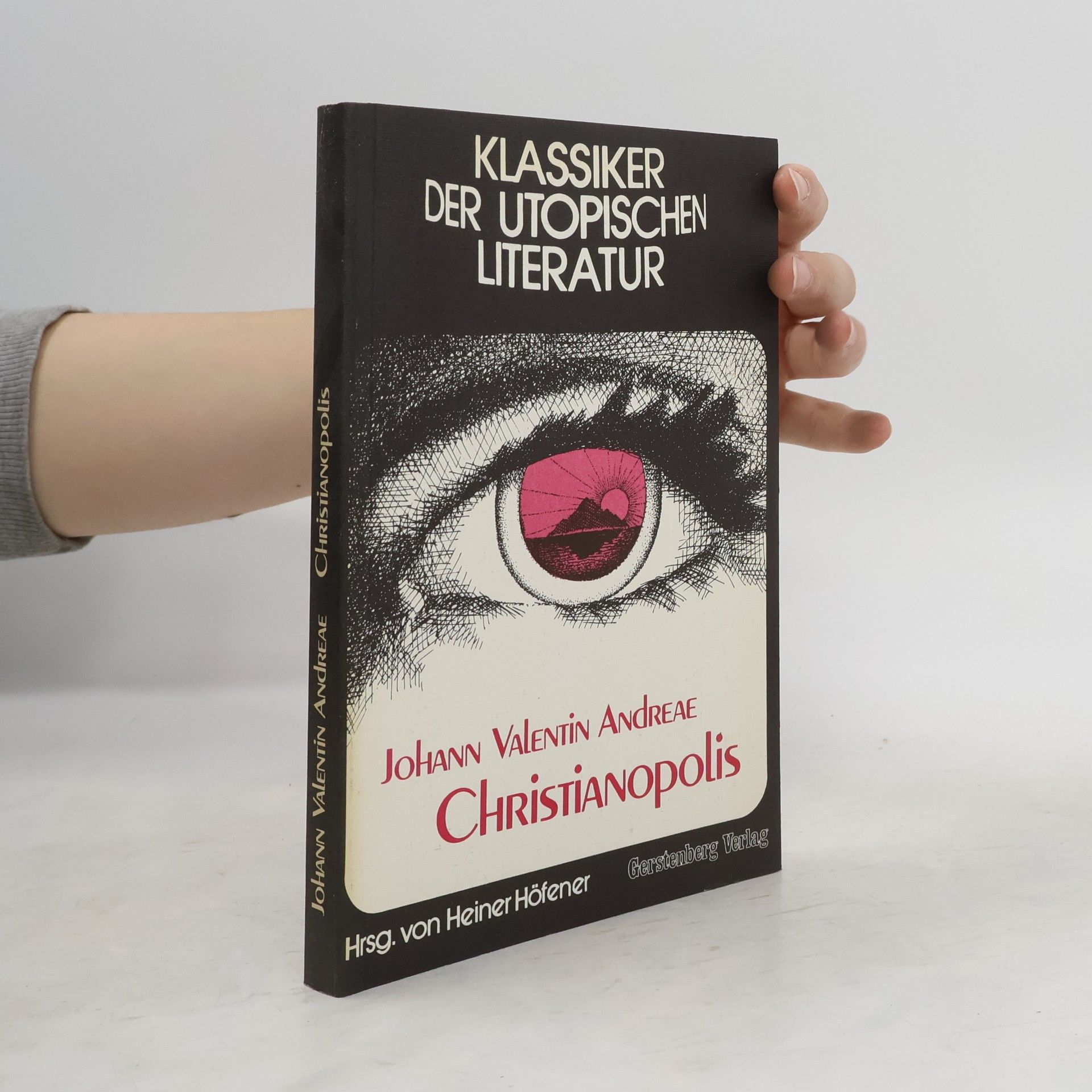


The Chymical Wedding of Christian Rosenkreutz
- 120 pages
- 5 hours of reading
The narrative unfolds during an evening before Easter, where the protagonist experiences a profound spiritual moment disrupted by a violent tempest. Despite the chaos, they remain steadfast in meditation until a divine figure—a glorious lady adorned in sky-blue garments and golden stars—appears. She carries a golden trumpet and a bundle of letters destined for all nations, symbolizing a celestial mission. The encounter blends themes of faith, divine intervention, and the mystical, highlighting the protagonist's resilience amidst fear and turmoil.
Nach dem anonymen Werk 'Peregrini in patria errores' veröffentlichte Andreae 1619 'Civis Christianus', das den "Christlichen Bürger" thematisiert. Der Protagonist sucht im Gebet Zuflucht und wird in einen mystischen "Tempel des Herzens" geleitet. Das Werk beleuchtet das Spannungsverhältnis von weltlicher und christlicher Ordnung sowie die Verantwortung der Eliten.
Sborník obsahuje nové překlady Chymické svatby i slavných rosenkruciánských manifestů ze 17. století a tři novodobé vědecké studie (R. Edighoffera, C. Gillyho a J. Ritmana) zabývající se nejen problémem jejich autorství, nýbrž i širším kontextem historického dění, všudypřítomnou symbolikou a vkladem či inspirací jednotlivých osobností, které se snažily, jak říká R. Edighoffer, o „přemostění propasti zející mezi biblickými pojmy a vědou, o nalezení konsensu křesťanského, hermetického a vědeckého myšlení... Byl to vlastně ideál philosophia perennis“. Čtenář tak má příležitost znovu si uvědomit iniciační a myšlenkovou hodnotu ústředního Andreaeho spisu a zároveň nahlédnout do možná doposud nepovšimnutých vztahů života a díla jak samotného J. V. Andreae či zásadního inspirátora, jímž byl Paracelsus, tak i učenců, kteří zůstávali v pozadí – Tobiase Hesse, Adama Haselmeyera, Christopha Besolda a dalších. Autoři studií přinášejí dobová svědectví i v podobě výňatků z korespondence, svědčící o výměně názorů mezi zainteresovanými na různá časová i nadčasová témata včetně těch eschatologických.
Středověké vyprávění o transcendentálním zážitku zasvěcení do vyššího duchovního života.

